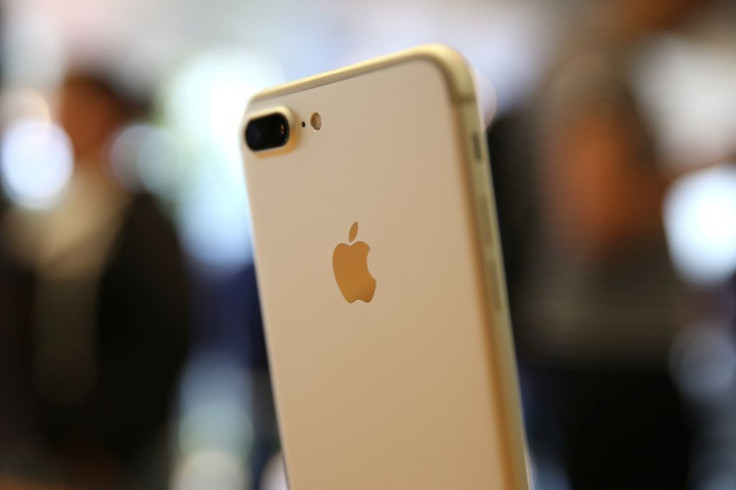iPhone 8 Rumors: 10th Anniversary Phone Might Not Support Faster Gigabit Speeds Due To Qualcomm Dispute

A new report claims owners of the iPhone 8, which is expected to have a September release date, won’t be able to take advantage of faster data speeds. The reason as to why this could happen is due to Apple’s heated legal dispute with Qualcomm.
Carriers in the United States like AT&T, Sprint and Verizon are all expected to introduce a new generation of wireless data later this year, which can deliver speeds as high as a gigabit per second, according to 9To5Mac. This would be around 50 times faster than what's currently available today.
Qualcomm, one of Apple’s manufacturers of modems for its iPhones, already offers a modem that can support the new gigabit speed. But due to the two companies already butting heads in legal quandary, Apple has decided to use a mix of modems form both Qualcomm and Intel for the iPhone 8, according to Bloomberg.
“Cupertino, California-based Apple is embroiled in a bitter legal fight with the chipmaker, accusing the supplier of maintaining an illegal monopoly, and it’s seeking to loosen Qualcomm’s grip on the market for high-end smartphone modems. That’s why Apple will stick with Qualcomm modems for some of its new iPhones while relying on Intel for others.” — Bloomberg
Intel is still developing its own modem that can be capable of 1 gigabit speeds. However, Intel’s modem won’t actually be ready for the iPhone 8’s launch. The iPhone 8 is widely believed to launch later this September, and might be available sometime in October.
Bloomberg’s source claims Apple might have to limit the capabilities of Qualcomm’s modems that’s in the iPhone 8. Apple might only enable its full capabilities once Intel has developed its own modem that can do the same.
Bloomberg’s report also notes Apple is generally slow when it comes to adopting faster wireless data standard. When the first iPhone launched in 2007, it didn’t come with 3G network support and instead, arrive with GPRS and EDGE cellular capabilities. Apple was also late in the game with 4G LTE, only adopting the standard for its 2012 iPhones when Samsung already supported it a year earlier.
For this year, it looks like Apple will once again be behind Samsung, as the Galaxy S8 and S8 Plus are already equipped with Qualcomm’s modems that can handle the 1 gigabit network speed standard. If having the best and latest network speeds is a big deal to consumers, some Apple fans might have to completely skip the iPhone 8.
However, Apple already has a very loyal following, and with the rumors surrounding the iPhone 8, the upcoming handset’s new set of features might just be enough to win them over anyway.
The Legal Battle Continues
Apple and Qualcomm’s dispute began back in January when Apple sued Qualcomm for $1 billion. The iPhone maker claimed Qualcomm was forcing them to pay unreasonably high fees for its chips.
Apple has now filed a total of three lawsuits against the chip maker, while Qualcomm has already countersued Apple. Qualcomm has also accused Apple of blackmail by instructing its suppliers to withhold royalty payments, and is also allegedly trying to ban the import of iPhones in the United States.
© Copyright IBTimes 2024. All rights reserved.





















